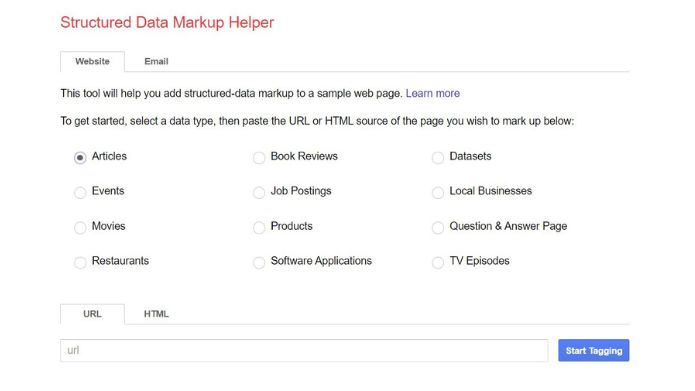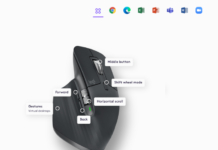In the Dynamic Digital Marketing Model SEO plays a vital role and comes first among other areas. It is also a powerful way to market business online. Under SEO optimization, Schema Markup is form of optimization, which can boost your website in the search engine result pages (SERPs). In this article, explore how to add value to your SEO by using Schema Markup and how you can align your SEO by Using Schema Markup.
What is Schema Markup?
To provide more useful information and informative result, search algorithms look at many factors and signals. Schema Markup is small code(type of microdata) that is placed to the HTML code of your website to provide the more informative results.
Schema Markup uses a standardized vocabulary of tags (or “schemas”) to enhance description (commonly known as a rich snippet), which appears in search results. Schema Markup used to provide a good rich snippet of products, reviews, events, and an effective way to bolster SEO.
How about an example?
What we see as humans: What a search engine/ crawler sees:
|
|
|
Source: https://developers.google.com/search/docs/appearance/structured-data/intro-structured-data
Schema Markup Types
There are many types of schema markup that can be used to add value to your SEO. These schema markup provide additional context and informative results. Here are some examples of popular schema markup types:
- Product: Used to describe the name, image, brand, price and availability of the product. By adding structured data to your product pages, Google search results (including Google Images and Google Lens) can show product information in richer ways.
- Article: Used to describe a news article, blog post, information about author, and date. By adding article structured data to your blog, Google understands better about your content in terms of better title text, images, and date information for the article and provides the same in search results on Google Search and other properties (for example, Google News and the Google Assistant).
- Local Business: Used to describe a physical business location, business name, address, phone number, website URL, and hours of operation to provide a prominent Google knowledge panel with details about the business.
- Recipe: Used to provide recipe content by telling Google about your recipe with structured data.
- Event: Used to describe an event, including its name, location, date and time, and ticket availability which helps people to discover and attend events through Google Search results and can visit via Google Maps.
- Review: Used to describe a review or rating of a product, service, or business which further google uses to provide an average of the combined rating scores from many reviewers.
Note: Schema.org vocabulary currently consists of 792 types, 1457 Properties 14 Datatypes, 86 Enumerations and 462 Enumeration members.
Add Value To Your SEO by Using Schema Markup
Let’s explore how to use schema markup and can place the same on your website. This will further improve your website ranking, present the results better in SERPs.
Follow below steps:

Here, select the type of data for which you want to add Schema markup. Let’s take a example of Article. On the next window you need to paste the URL to Markup.
- Paste the URL to Markup
Both the options are available and you can opt for – URL or paste HTML then, click start Tagging. This page will load the markup tool which will help you to create codes for all the elements like name, heading, body, images etc. All you need to select the elements to Mark up.
- Create the HTML
Once you complete the element Mark up, create HTML. This HTML of your page you can further download and snippets in the appropriate spots of your website.
- Test Your Schema
Test your data on Structured Data Testing Tool to test all types of schema.org markup, without Google-specific validation. You may further check the the page by clicking on preview.
Conclusion
A successful business is successful digital presence today. To provide a awesome user experience, one should work on quality content and technical expertise. When a website has schema markup in place, Google provides a better results and showcase accurate, relevant content.
Read More:
Good Luck! 


















































